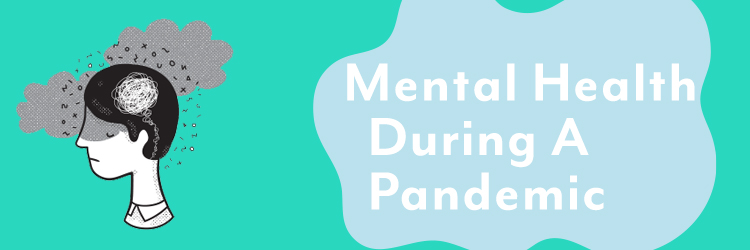[vc_row][vc_column][vc_column_text]The COVID-19 pandemic is already impacting our collective mental health. Mental Health America saw a 19% increase in screening for anxiety in February alone—and that is from only one source. Anecdotally, I see that many people are struggling with increased anxiety and depression. As this is still ongoing, we may not have accurate data for a while about the impact on mental health. But we can learn from the data about previous epidemics, natural disasters, and other crises. Nearly 29% of people who responded to a survey about being quarantined due to SARS developed PTSD. 31.2% exhibited symptoms of depression. In a study on survivors of the 2004 Indian Ocean earthquake and tsunami, 11.3% had PTSD within six years. This is predicted to be particularly hard on mental health for certain segments of the population. Some examples are people with existing mental health disorders, grocery store employees, and healthcare workers. In a survey of 549 randomly selected employees of a hospital in Bejiing—among the areas most heavily affected by the SARS outbreak—10% had PTSD. The meditation app Headspace is now offering free memberships to healthcare workers, in anticipation of a greater need for its services. According to the Canadian Journal of Psychiatry, a person’s perceptions about uncontrollability and unfamiliarity of a crisis affects their likelihood of developing PTSD. Perhaps this is why a lot of outlets are telling people to focus on the things they can control. But I haven’t found this advice helpful; to me, it’s easier said than done. There are, however, some things I have found helpful. Rather than focusing on things I can control, I’m trying to focus on things I enjoy. There might be some overlap between these two, but it changes the way I frame it. When I’m reading a good book, or watching a funny show, or FaceTiming with friends, I am not thinking about COVID-19. 








